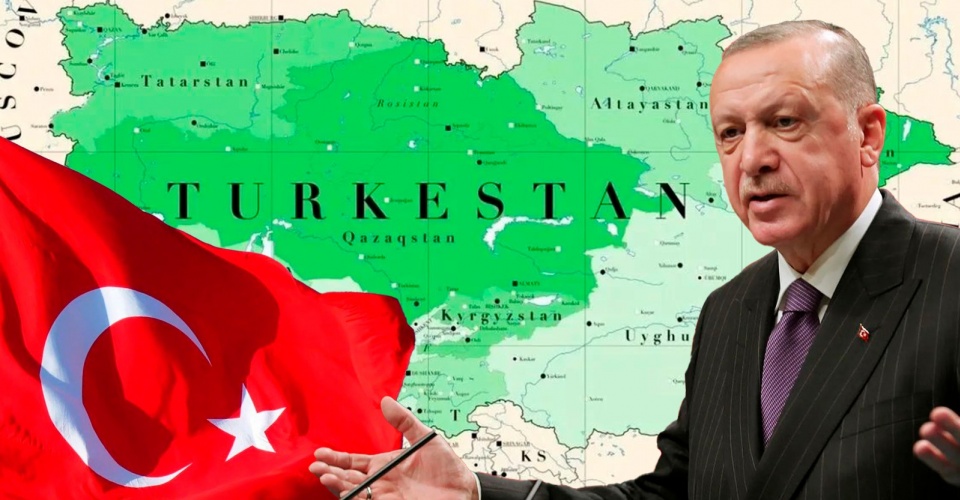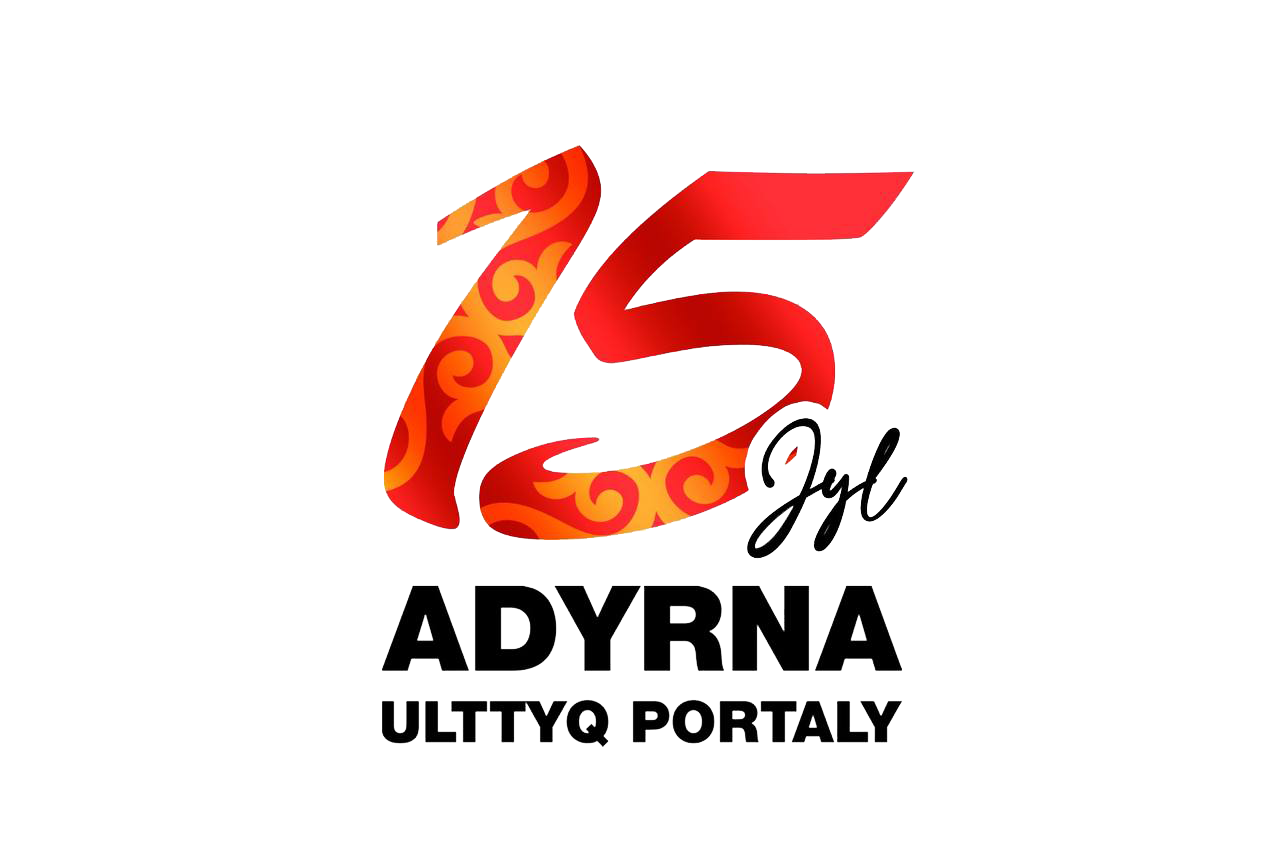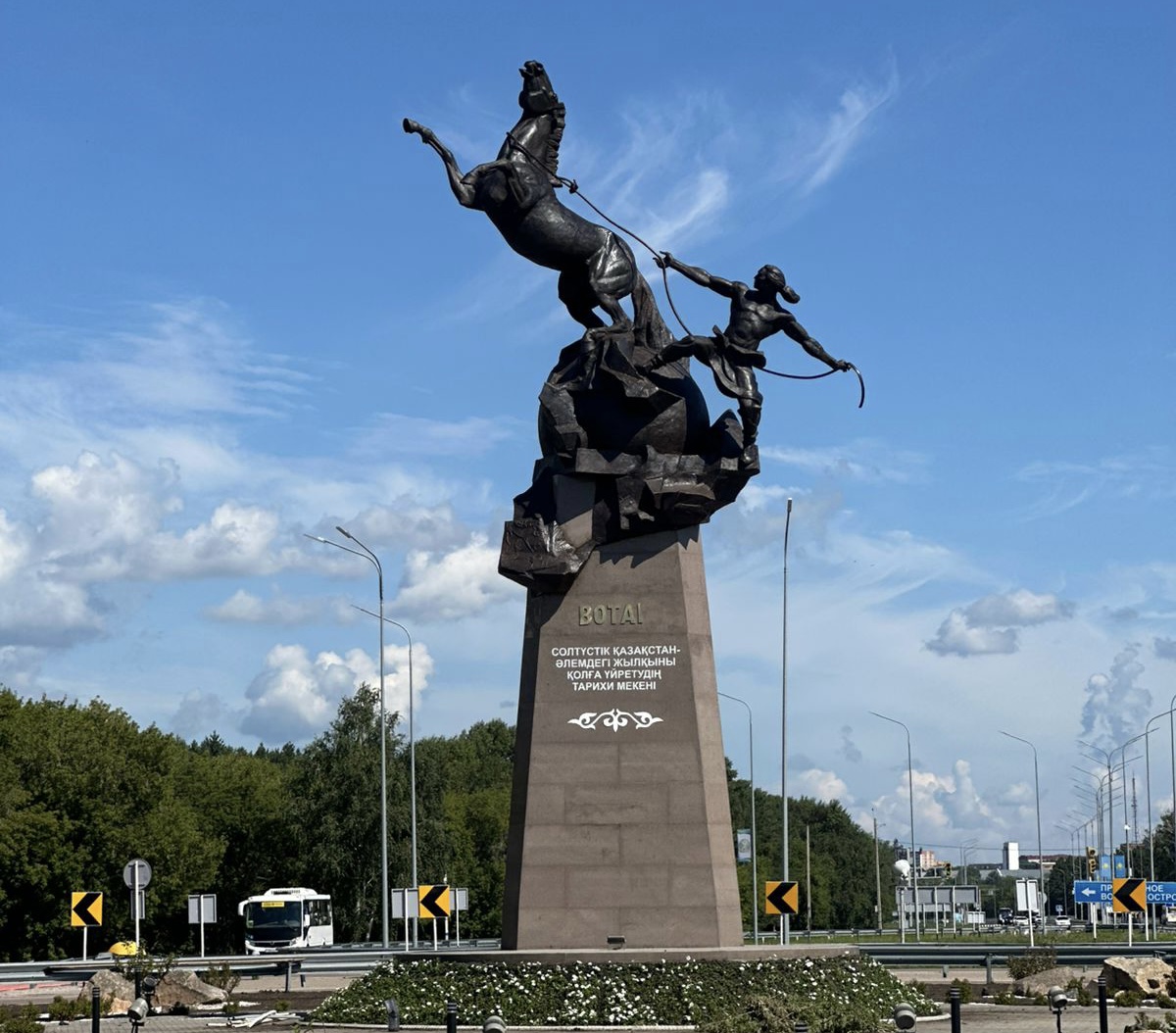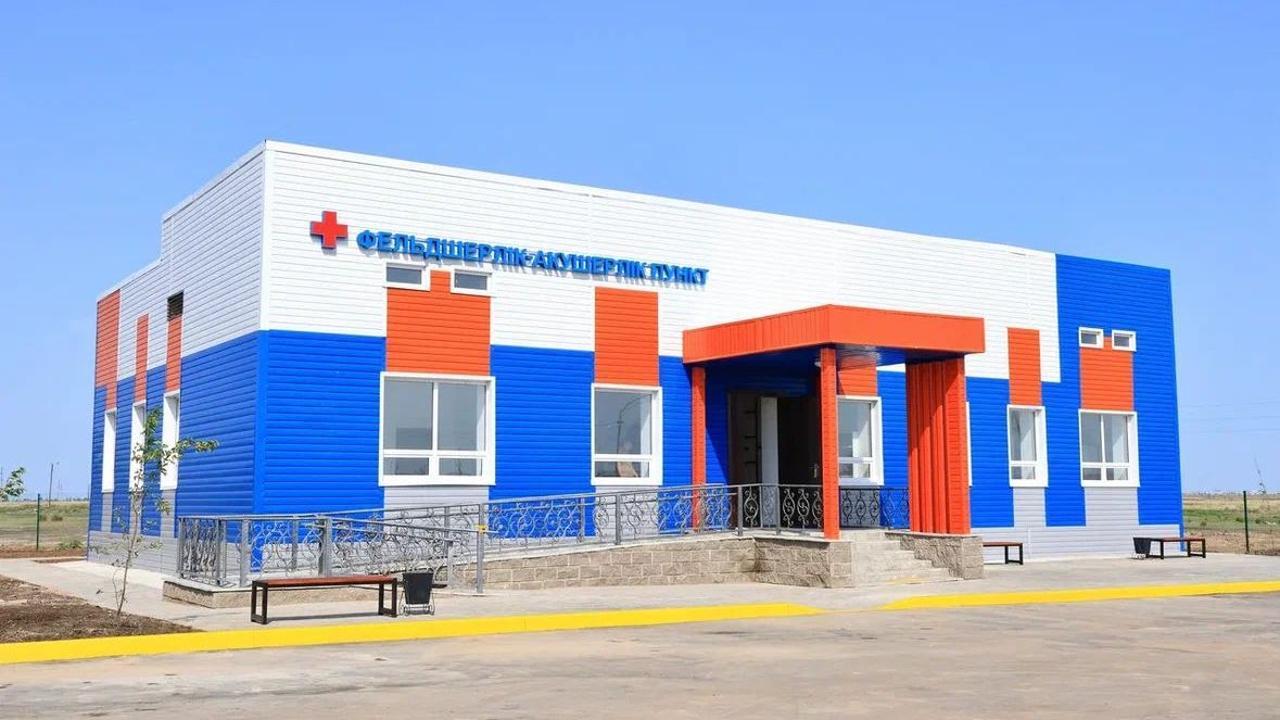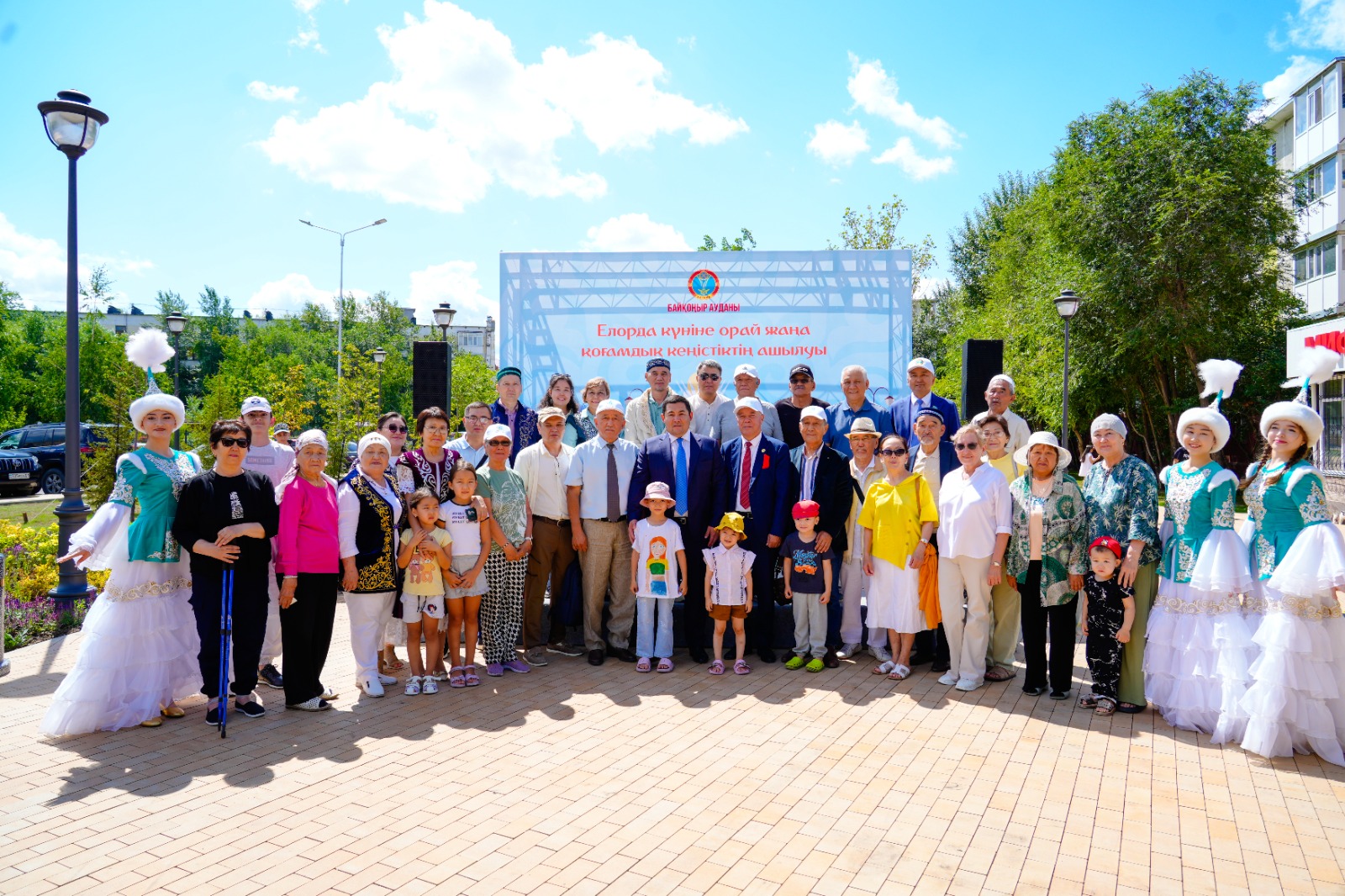Here is the full translation of the provided text:
The Ministry of National Education of Turkey has replaced the term “Central Asia” in textbooks with the term “Turkistan.” Abdıuakap Kara, a Kazakh scholar living in Turkey and an active representative of the Kazakh diaspora, believes this step will positively impact the unity and culture of the countries in the Turkistan region. However, he also acknowledges unresolved issues.
Turkish President Recep Tayyip Erdoğan praised this decision by the Ministry of National Education. His response indicates the political dimension of the issue. He emphasized the importance of unity within the Turkic world and Turkey’s role in this process, stating, “By expanding our vision of the ‘Century of Turkey’ through organizing Turkic states, we will turn the upcoming period into the era of the Turks.”
Turkish scholar Ramin Sadık commented on the decision by the Ministry of National Education, explaining that the term “Turkistan” refers to a region historically inhabited by Turks. He stated, “The decision to include the term ‘Turkistan’ in textbooks, especially in those for children, is a significant initiative and valuable contribution not only for Turkey but for the entire Turkic world and the partner states of the Turkic nations.”
We asked Abdıuakap Kara, a professor and doctor of history at Mimar Sinan University of Fine Arts, for his opinion regarding the replacement of “Central Asia” with “Turkistan” in Turkish textbooks.
“TURKISTAN – THE GATEWAY BETWEEN TWO WORLDS”
“This decision aims to strengthen ties with the Turkic world and foster a strong Turkic identity in future generations. Historians see this change by the Ministry of Education as a step toward preserving Turkic culture and history,” said Abdıuakap Kara.
“What difference does the name ‘Turkistan’ bring?”
“Replacing ‘Central Asia’ with ‘Turkistan’ is not merely a name change but a decision with significant historical and geopolitical implications. This region has been called ‘Turkistan’ for 1,500 years. The term ‘Turkistan’ was used to describe the domain under the rule of the Turkic Khaganate.
The name ‘Turkistan’ means ‘land of the Turks,’ and it has historically referred to the area inhabited by Turkic and Mongol nomads. It highlights the shared history and cultural heritage of the Turkic peoples who lived in this vast region.
Colonial powers in the mid-18th century replaced the name ‘Turkistan’ with ‘Central Asia.’ Why? Because they used the term ‘Central Asia’ strategically to divide and distance the Kazakhs, Kyrgyz, Uzbeks, Tajiks, Turkmens, and others who had lived in close contact in this region for centuries. The goal was to overshadow Turkistan’s rich cultural and historical legacy and to adapt the local peoples to foreign rule by erasing their sense of common history and ancestry.
“What will change after replacing the term with ‘Turkistan’?”
In Russian and Western books and documents, the term ‘Turkistan’ was replaced with ‘Central Asia’ for political and ideological reasons. The Russians used ‘Central Asia’ to weaken Turkic identity and legitimize their dominance in the region. Western sources, for the most part, did not oppose this Russian policy and even supported it. However, conscious intellectuals and statesmen from Turkistan opposed this, making efforts to pass down the name ‘Turkistan’ to future generations.
For example, Magzhan Zhumabayev in his poem ‘Turkistan’ says:
Turkistan is the gateway between two worlds,
Turkistan is the cradle of the brave Turk,
Born in the magnificent Turkistan,
It is a gift from God to the Turk.
In these lines, Zhumabayev eloquently conveys the importance, historical roots, and cultural significance of Turkistan.
Furthermore, Alash leader Mustafa Shokay named the newspaper that was the banner of his struggle for independence in Europe from 1921 to 1941 ‘Yash Turkistan’ (Young Turkistan). He advocated for the independence of ‘Turkistan,’ not ‘Central Asia,’ and promoted the idea of a unified Turkistan.
The aspirations of these and other Turkistan intellectuals and statesmen to restore the name ‘Turkistan’ instead of ‘Central Asia’ have not gone in vain. A century after Magzhan wrote his poem ‘Turkistan,’ Turkey’s Ministry of Education is now incorporating the name ‘Turkistan’ into school textbooks.
“IMPACT ON THE BROADER TURKIC WORLD”
“What could be the impact of this change on the countries of Central Asia?”
“We believe this decision will have a broad impact not only in Turkey but throughout the Turkic world. Here’s how:
First, it will strengthen national consciousness. The use of ‘Turkistan’ instead of ‘Central Asia’ will reinforce the Turkic identity, national consciousness, and patriotism in future generations. This change will encourage further steps in areas like shared history, geography, literature, maps, and the alphabet within the Turkic world.
Second, it will enhance unity and solidarity. The term ‘Turkistan’ historically referred to the region inhabited by Turkic and Mongol nomads, and over time, it was divided into Western and Eastern Turkistan. The unification of the Turkic peoples of this vast region under the common concept of ‘Turkistan’ could strengthen the unity and solidarity of the Turkic world.
Third, it will emphasize the importance of historical and cultural heritage. The adoption of the term ‘Turkistan’ may further highlight the rich historical and cultural heritage of the region. It could also strengthen the confidence of local peoples in their own identity, reducing their inclination to mimic foreign cultures.
Fourth, there will be political and ideological implications. The revival of the term ‘Turkistan’ could also influence the political and ideological balance in the region. In 1924, the Soviet government abolished the name ‘Turkistan’ in an attempt to divide the Turkic peoples in the region and dismantle Turkistan’s unity. The restoration of the term ‘Turkistan’ shows that the people have not forgotten their fraternal bonds and shared heritage.
This decision by Turkey’s Ministry of Education to adopt the term ‘Turkistan’ is poised to have wide-ranging effects on the Turkic world. The long-term results of this change will depend on political, social, and cultural developments in the region.
“What specific unresolved issues might this decision help address?”
“It is important to remember that the adoption of the term ‘Turkistan’ may not be sufficient by itself to resolve the current issues in the region. There are still political and economic differences between the countries of the region, border disputes, and ethnic tensions that need to be addressed. To overcome these challenges, alongside fostering a sense of common Turkistan identity, multifaceted approaches such as diplomatic efforts, economic cooperation, and cultural exchange programs will also be necessary. Nevertheless, it is clear that the spirit and energy of ‘Turkistan’ will inspire these efforts.”
• Thank you for the interview!
Simbat Nauhan
“Adyrna” National Portal
Другие материалы
Adyrna.kz ұлттық порталының маңызды ақпараттарына жазылу
Соңғы жаңалықтар туралы хабардар болыңыз



